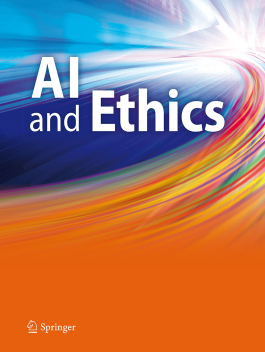
Author: Mark Coeckelbergh
AI and Ethics, May 2024
DOI:https://doi.org/10.1007/s43681-024-00492-9
There is a broad consensus that artificial intelligence should contribute to the common good, but it is not clear what is meant by that. This paper discusses this issue and uses it as a lens for analysing what it calls the “democracy deficit” in current AI governance, which includes a tendency to deny the inherently political character of the issue and to take a technocratic shortcut. It indicates what we may agree on and what is and should be up to (further) deliberation when it comes to AI ethics and AI governance. Inspired by the republican tradition in political theory, it also argues for a more active role of citizens and (end-)users: not only as participants in deliberation but also in ensuring, creatively and communicatively, that AI contributes to the common good
•• More publications:
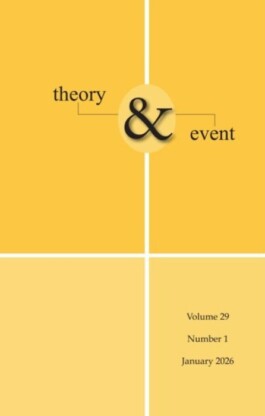
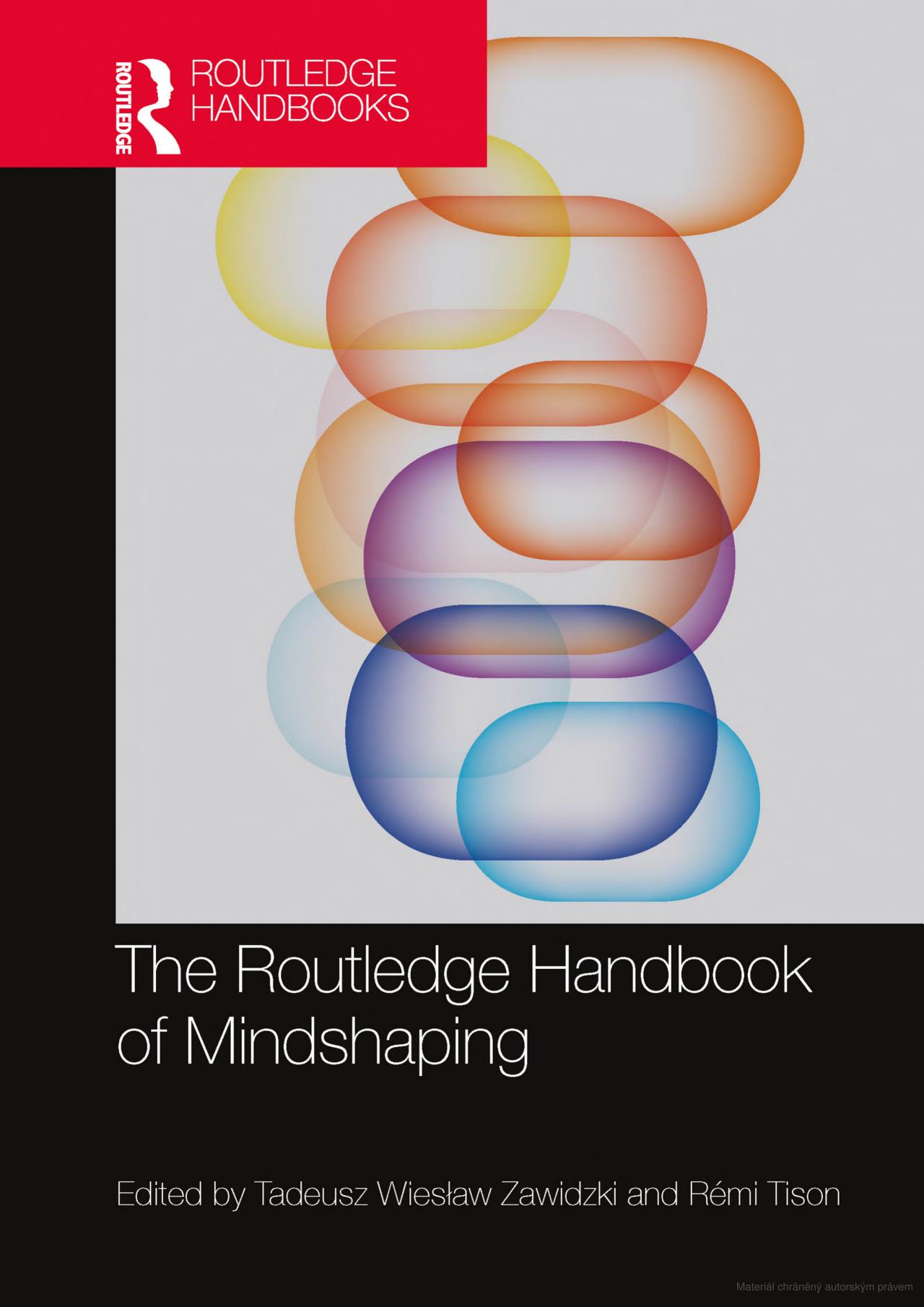
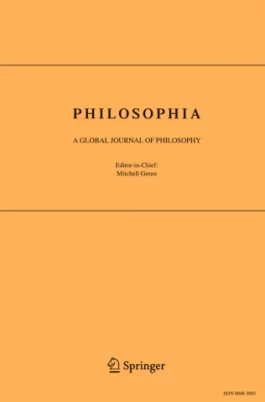
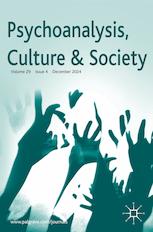
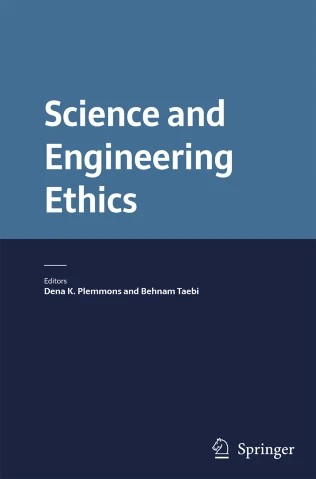
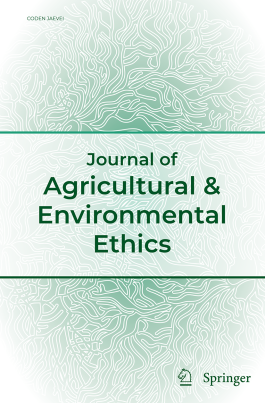
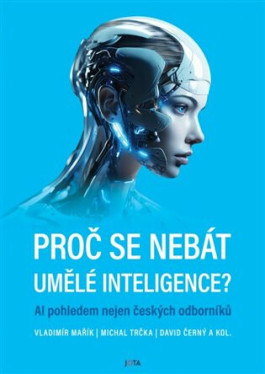

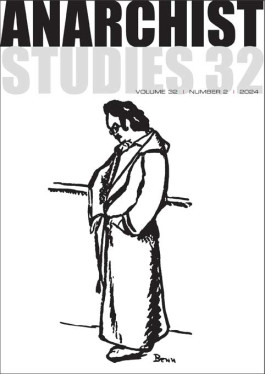
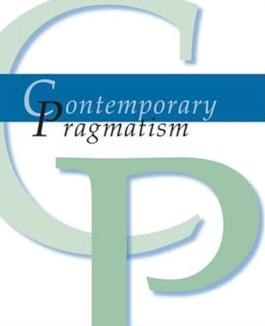
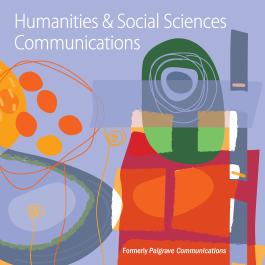
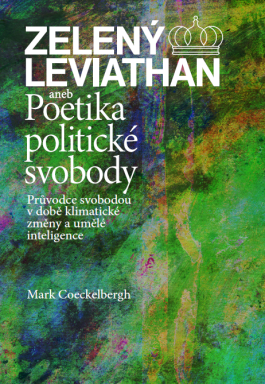
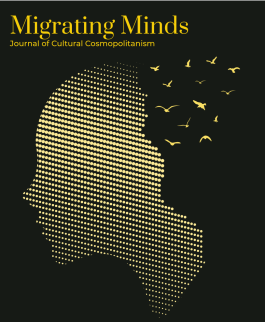

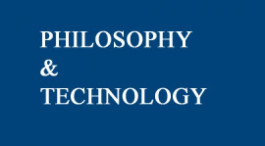
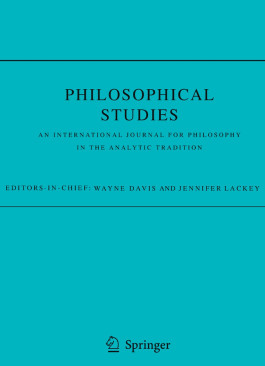
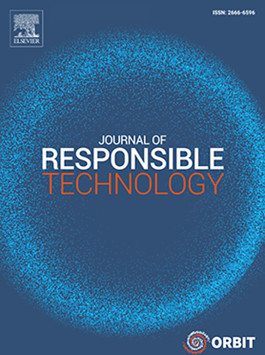
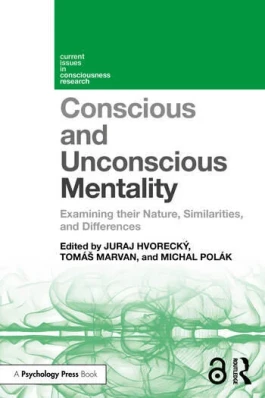
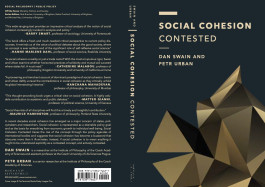
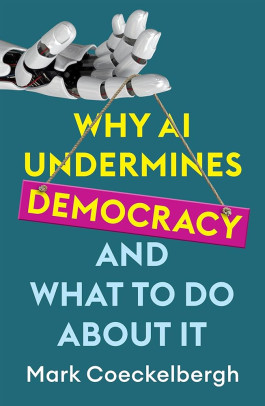
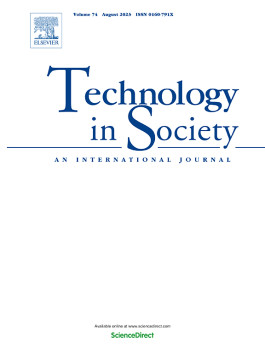

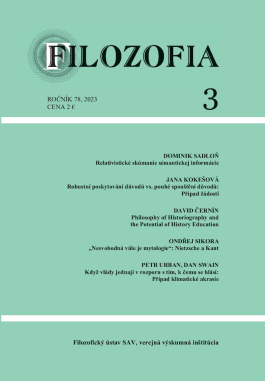

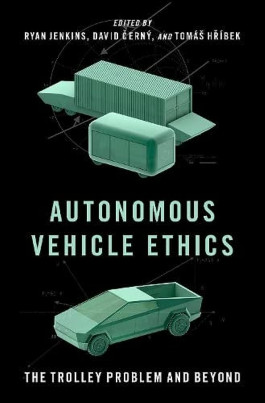
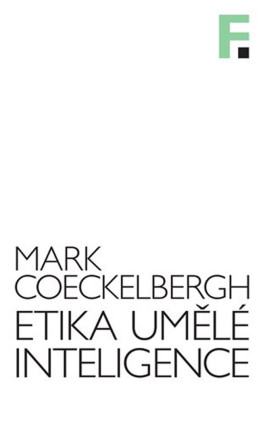

Author: Mark Coeckelbergh
AI and Ethics, May 2024
DOI:https://doi.org/10.1007/s43681-024-00492-9
There is a broad consensus that artificial intelligence should contribute to the common good, but it is not clear what is meant by that. This paper discusses this issue and uses it as a lens for analysing what it calls the “democracy deficit” in current AI governance, which includes a tendency to deny the inherently political character of the issue and to take a technocratic shortcut. It indicates what we may agree on and what is and should be up to (further) deliberation when it comes to AI ethics and AI governance. Inspired by the republican tradition in political theory, it also argues for a more active role of citizens and (end-)users: not only as participants in deliberation but also in ensuring, creatively and communicatively, that AI contributes to the common good
•• More publications:


























Celetná 988/38
Prague 1
Czech Republic
This project receives funding from the Horizon EU Framework Programme under Grant Agreement No. 101086898. Views and opinions expressed are however those of the author(s) only and do not necessarily reflect those of the European Union or European Research Executive Agency (REA). Neither the European Union nor the granting authority can be held responsible for them.
Celetná 988/38
Prague 1
Czech Republic
This project receives funding from the Horizon EU Framework Programme under Grant Agreement No. 101086898. Views and opinions expressed are however those of the author(s) only and do not necessarily reflect those of the European Union or European Research Executive Agency (REA). Neither the European Union nor the granting authority can be held responsible for them.